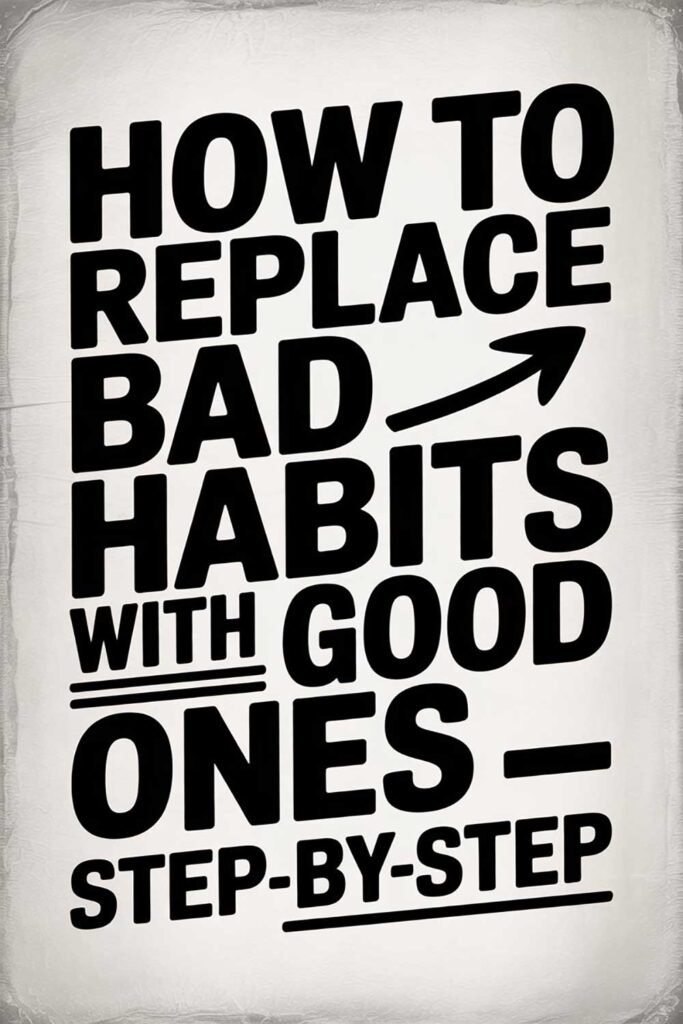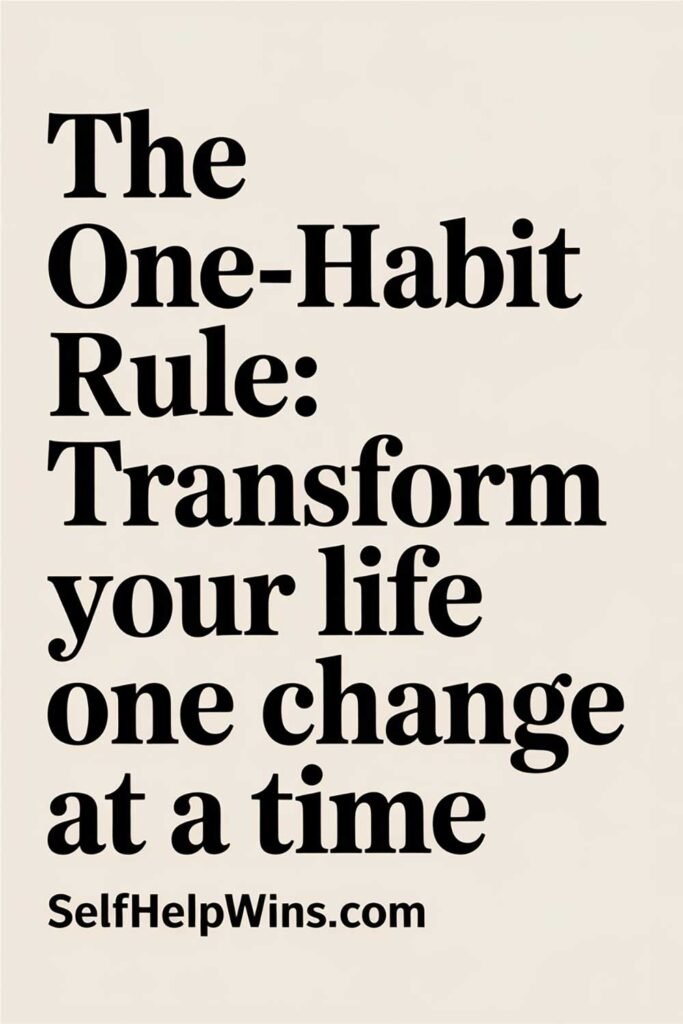The Psychology of Self-Motivation: What Really Drives Us
Self-motivation is the invisible engine behind every achievement, every comeback, and every personal transformation. It fuels our actions, helps us endure setbacks, and pushes us to improve ourselves even when no one else is watching. But what truly drives us from within?

The psychology of self-motivation digs deep into how our brains, beliefs, and behaviors intertwine to create lasting internal drive. It isn’t just about willpower or discipline. It’s about understanding what energizes us, what derails us, and how we can use psychological tools to create momentum in our lives.
In this in-depth article, we’ll uncover the psychological roots of self-motivation, explore practical strategies grounded in science, and share real-world stories of how people activate their internal drive when it matters most.
What Is Self-Motivation, Really?
Self-motivation is your ability to act in the absence of external rewards or pressure. It’s powered by internal desires, personal goals, and values that are meaningful to you. While external motivation fades, self-motivation sustains long-term success.
Psychologists break motivation into two broad categories:
- Intrinsic Motivation: Driven by internal satisfaction (e.g., learning for the joy of it).
- Extrinsic Motivation: Driven by external rewards or avoidance of punishment (e.g., studying to avoid failing).
The most powerful and lasting form of motivation? Intrinsic.
The Psychological Drivers of Motivation
1. Autonomy
People are more motivated when they feel they have control over their choices.
Example: Emma struggled at work until her manager let her design her own schedule. Feeling empowered led to increased performance and motivation.
2. Mastery
We crave growth and improvement. Seeing progress builds momentum.
Example: Jordan took up guitar during a difficult time. Seeing himself improve day by day gave him a sense of purpose.
3. Purpose
Having meaning in your work or goals supercharges motivation.
Example: Lisa started waking up earlier to meditate and write because it aligned with her deeper goal of becoming a life coach.
4. Connection
Humans are wired for belonging. When our goals involve others, we’re more motivated.
Example: Marcus stayed consistent with his fitness because he trained with a friend and shared his progress online.
The Science Behind It: Key Theories
Self-Determination Theory (SDT)
This theory emphasizes the importance of autonomy, competence, and relatedness. When these three psychological needs are met, intrinsic motivation soars.
Maslow’s Hierarchy of Needs
Once basic needs (like safety and food) are met, people seek growth, purpose, and fulfillment, which all tie directly to self-motivation.
Goal-Setting Theory
Goals increase performance, especially when they are specific, challenging, and self-set. Motivation rises when you can see and measure progress.
The Dopamine Loop
Our brains reward us with dopamine when we make progress or anticipate a reward. That “feel-good chemical” reinforces the behavior.
Real-Life Examples of Self-Motivation
Lena, 39 – From Overwhelmed to Empowered
Lena was juggling work, kids, and health issues. She began setting mini-goals, like walking 10 minutes a day. Each success triggered more motivation. She eventually ran her first 5k.
Arjun, 22 – Self-Studying to Success
Arjun couldn’t afford extra tutoring. He created a schedule, found free YouTube courses, and stayed motivated by tracking every completed lesson. He passed his certification with honors.
Maya, 46 – Healing Through Journaling
Going through a divorce, Maya used journaling to reconnect with her values and goals. Her motivation to rebuild her life came from her deeper purpose: being a healthy role model for her kids.
Practical Ways to Boost Self-Motivation
1. Know Your “Why”
Remind yourself daily why you started.
2. Set Micro-Goals
Big dreams start with tiny wins.
3. Visualize Success
See and feel what it’ll be like when you reach your goal.
4. Track Progress
Use journals, apps, or checklists.
5. Celebrate Small Wins
Every milestone matters.
6. Create an Environment that Energizes You
Declutter your space. Add visuals or music that lifts your mood.
7. Use Affirmations and Positive Self-Talk
What you tell yourself becomes your reality.
8. Surround Yourself With Driven People
Motivation is contagious.
20 Powerful Quotes on the Psychology of Self-Motivation
- “People are not lazy. They simply have impotent goals.” – Tony Robbins
- “You are what you do, not what you say you’ll do.” – Carl Jung
- “The only limit to our realization of tomorrow is our doubts of today.” – Franklin D. Roosevelt
- “Motivation is what gets you started. Habit is what keeps you going.” – Jim Ryun
- “Discipline equals freedom.” – Jocko Willink
- “Your mind is a powerful thing. When you fill it with positive thoughts, your life will start to change.” – Unknown
- “Don’t count the days. Make the days count.” – Muhammad Ali
- “Success is liking yourself, liking what you do, and liking how you do it.” – Maya Angelou
- “Progress, not perfection.” – Unknown
- “You miss 100% of the shots you don’t take.” – Wayne Gretzky
- “What lies behind us and what lies before us are tiny matters compared to what lies within us.” – Ralph Waldo Emerson
- “We generate fears while we sit. We overcome them by action.” – Dr. Henry Link
- “The future depends on what you do today.” – Mahatma Gandhi
- “Success is the sum of small efforts, repeated day in and day out.” – Robert Collier
- “You are never too old to set another goal or to dream a new dream.” – C.S. Lewis
- “Energy flows where attention goes.” – Tony Robbins
- “Intrinsic motivation is the drive to do something because it is interesting or enjoyable.” – Edward Deci
- “Believe you can and you’re halfway there.” – Theodore Roosevelt
- “Do something today that your future self will thank you for.” – Sean Patrick Flanery
- “Your life does not get better by chance, it gets better by change.” – Jim Rohn
🌟 Picture This
Imagine waking up with purpose. You glance at your vision board, review your journal, and revisit your core reasons for chasing your goals. The noise of the world fades as you ground yourself in your “why.” You don’t need someone to push you — because you’re already pulled by your own vision. You track your progress, celebrate your growth, and pivot when needed. This isn’t motivation that comes and goes. It’s motivation that you own.
What would change if you stopped waiting for motivation and started understanding how to generate it from within?
🙏 Please Share This Article
If this article helped you see self-motivation in a new light, please share it with someone who’s working hard to build their momentum and purpose.
⚠️ Disclaimer
This article is based on psychological theories, real-life experiences, and motivational research. It is intended for informational purposes only and should not replace professional mental health guidance. Always consult a licensed therapist or counselor for personal support.






